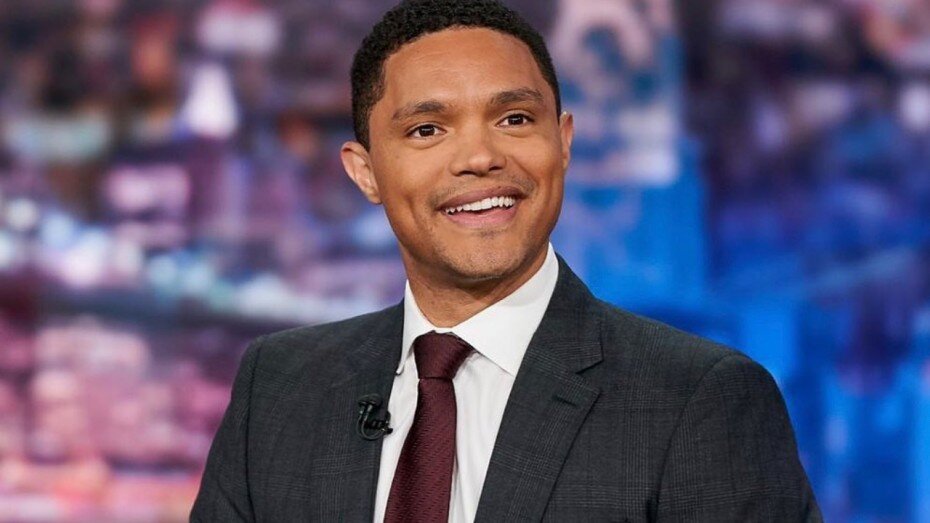To understand and reflect on the real implications of recent events, students must be encouraged to dialogue and engage in discussions during the class, supported by useful auxiliary resources.
The year 2020 has led us to re-evaluate our vision about many things, especially in the historical, political, and social fields. It is a difficult time to be a teacher. The subjects taught in classes, however up-to-date they may be, do not cover events such as the recent eruption of protests around the world due to racial violence, or the current state of movements such as #MeToo, nor the current resurgence of the Right in multiple countries.
These are undoubtedly topics that should be discussed in the classroom regardless of the subject but especially in history and sociology subjects. However, it is necessary to have resources that facilitate this conversation through real-time content that accurately analyzes and comments on current events and leads us to reframe certain historical, political, and social principles that we had not questioned before.
1. Let’s talk about Beau of the Fifth Column
With usually short, concise, beginner-friendly videos, military affairs reporter and activist Justin King, uses simple language to address sensitive issues for American society such as racism, the right to bear arms, police brutality, school shootings, and the adherence to protocols to combat COVID-19, among others.
His experience as an independent former military contractor and ex-tactical training instructor for police forces provides him with a unique and comprehensive perspective on police protocols that have recently ignited worldwide protests.
His channel offers quality auxiliary content that is well articulated and based on research. King’s videos help clarify and put into context many questions about current social problems, not only in the United States but in the rest of the world.
2. Going straight to the root: Innuendo Studios
The video essayist Ian Danskin uses his channel, Innuendo Studios, to create a space for knowledge and discussion about the foundations on which social problems rest, such as the political imbalance between the Left and the Right, sexism and toxic masculinity.
With 15 years of experience in the field of audiovisual storytelling, Danskin offers in-depth but easy-to-digest analyses to put topics of current events in context and facilitate class discussions.
His approach is more philosophical and inclined toward theory. Yet, he does not fail to establish why it is important to understand the theoretical origins of social problems before the beginning of a debate on real current events.
The videos on this channel can commonly be found with subtitle options for English, French, Portuguese, and, occasionally, Spanish.
3. Perspective and Humor: Trevor Noah
Despite not having started his career as a teacher, media expert, or researcher, the comedian, writer, and, now, host of The Daily Show possesses a skill that distinguishes him from other comedians looking to talk about social issues, especially racism. His critical ability and high level of empathy when doing observational comedy have made him one of the most popular, friendly, easy-to-digest voices on television and digital media.
Noah’s South African origin provides him with a unique perspective to analyze different types of racism, both in his country and the United States. Previously dedicated to light political commentary on his show, the comedian has taken a central role in covering recent events, such as the protests against racial violence and the debate about the preservation of historical monuments.
These auxiliary resources are not a substitute for educational content issued by schools, but, undoubtedly they can reinforce relevant conversations in the classroom and help students comprehend better the implications of the significant events happening around them in real-time.
What digital or video resources do you use as a teacher to foster balanced and useful discussions in your classroom? Tell us in the comments.
Translation by Daniel Wetta.
This article from Observatory of the Institute for the Future of Education may be shared under the terms of the license CC BY-NC-SA 4.0 
)
)


)